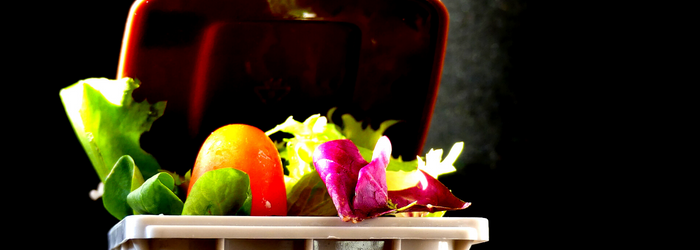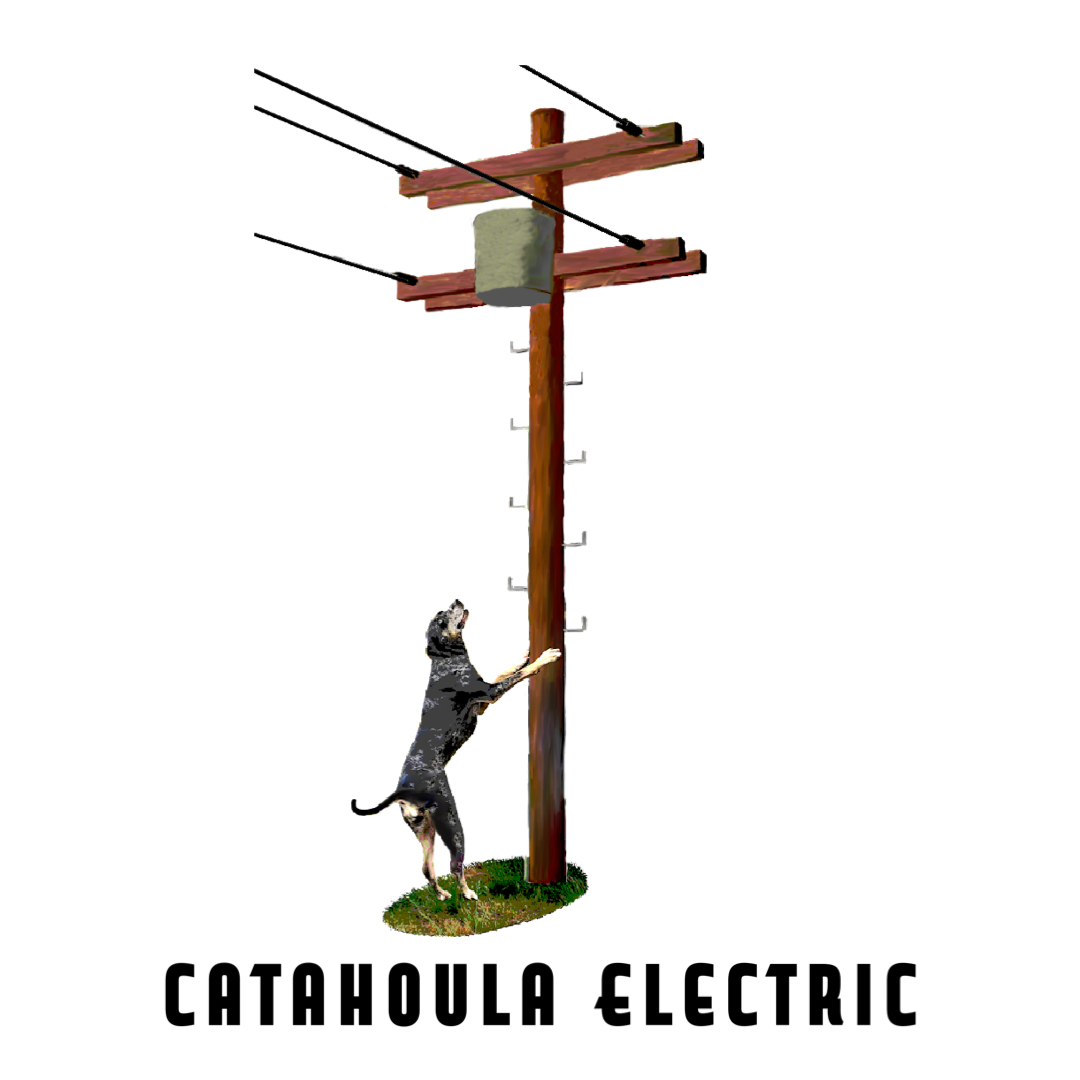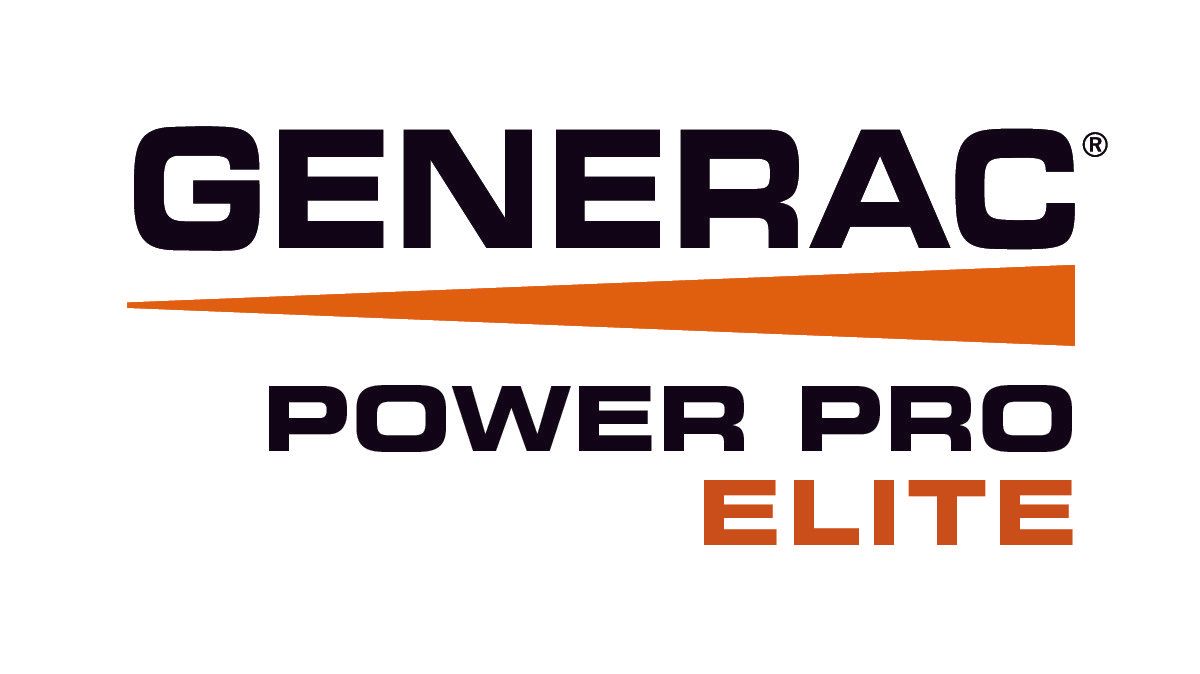How to prevent food spoilage during an extended power outage
How to protect your food from spoiling

Living in South East Louisiana, residents are used to extended power outages, especially during hurricane season. In 2005 it took over 40 days for power to return in some areas affected by the storm. But even just a few hours or days without electricity can be enough to cause food loss and spoilage.
A power outage lasting more than a few hours can be a real pain, especially if you're stuck at home with no access to food. But don't worry—with the proper preparation and knowledge, you can never go hungry during an extended power outage. Here are some tips and tricks to protect your food from spoilage and prevent waste.
Freeze Your Food Items Ahead of Time
If you know there's an impending storm or blackout, it's best to start freezing as many items as possible. This will help them stay fresh and prevent spoilage until the power is restored; if you have a deep freezer, great! If not, any freezer should do the trick—ensure all food items are tightly sealed in airtight containers or bags before being frozen.
Stock up on Non-Perishable Foods
Non-perishable foods such as canned fish, beans, and dried fruits are great options for stocking up in case of an extended power outage. Not only do they last longer than perishable foods, but they also provide a variety of nutrients so you won't go hungry while waiting for the lights to come back on! These items are also often cheaper than their perishable counterparts so you can save some extra money.
Invest in a Cooler or Ice Box
A cooler or ice box is essential for keeping your food cool during extended periods without electric power. Fill it with ice packs or regular ice cubes (if available) to keep the contents cold and prevent spoilage from occurring too quickly. Check your cooler regularly to see if any ice needs replacing or if food items must be re-frozen or thrown out due to spoilage.
Keep Your Refrigerator Closed
When the power goes out, one of your main concerns should be keeping your refrigerator closed as much as possible. This will help keep your food cold for extended periods to stay fresh when temperatures start rising inside your home due to a lack of electricity. Try moving perishable items into an ice chest or cooler with some ice packs or freezer packs if you don't have access to a generator or other alternative source of energy during the outage period.
Invest in a Generator
Investing in a generator may be worth it if you live in an area prone to frequent power outages. Generators are great because they provide emergency power when needed and can help protect your refrigerated food from going bad before the electricity comes back on. Generators are relatively easy to install and use, so even if you don't consider yourself tech-savvy, you should still be able to operate one without any trouble.
Whole House Generator Benefits
Keep food safe and prevent spoilage.
Continuing to power essential appliances such as a refrigerator and freezer is vital during long power outages. This will help keep food at safe temperatures and prevent spoilage.
Protect electronics and other sensitive equipment
Whole house generators provide power to more than just the fridge—they can also protect expensive electronics, medical devices, and other sensitive equipment from potential damage.
Maintain comfort and convenience during an outage
A generator can help keep your home comfortable and functional during extended power outages. They can provide heat, air conditioning, lighting, cooking appliances, hot water, and even Wi-Fi / Internet access if needed.
Contact Catahoula Eclectic LLC for Generator Installation
If you’re ready to purchase and install a generator for your home, contact
Catahoula Eclectic LLC today. We offer a wide selection of generators to fit any budget or need and our expert technicians can take care of the installation quickly and easily. With us, you can rest assured that your food will stay safe and your home comfortable during any extended power outage.
Conclusion
Power outages can be inconvenient but with a bit of preparation ahead of time (stocking up on supplies), investing in a generator (if necessary), and keeping your refrigerator closed (to maintain colder temperatures) - you can rest assured knowing that your food won't go wrong before the power comes back on again! So next time you experience a blackout - stay calm and remember these tips for protecting yourself from potential food waste!




